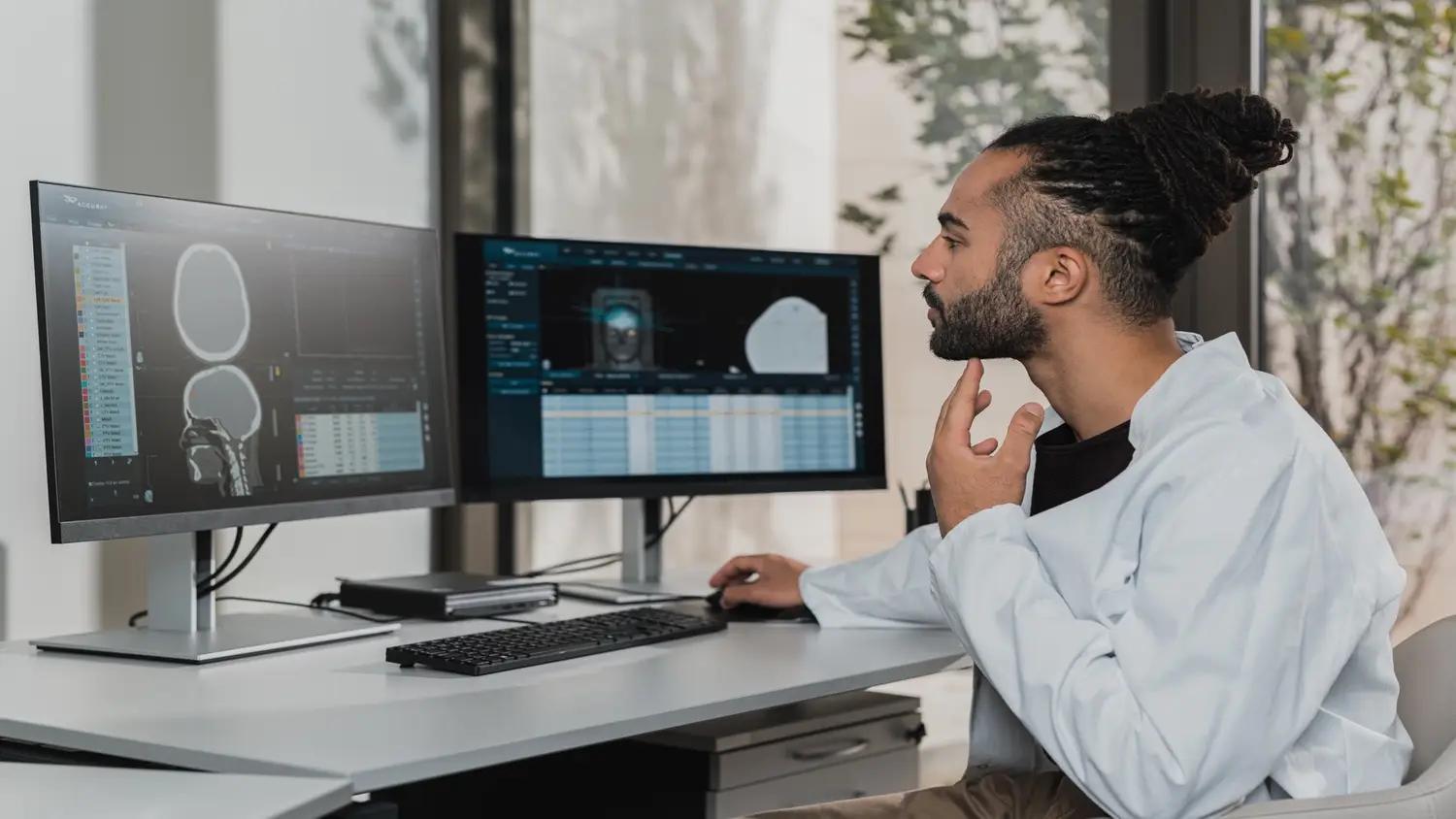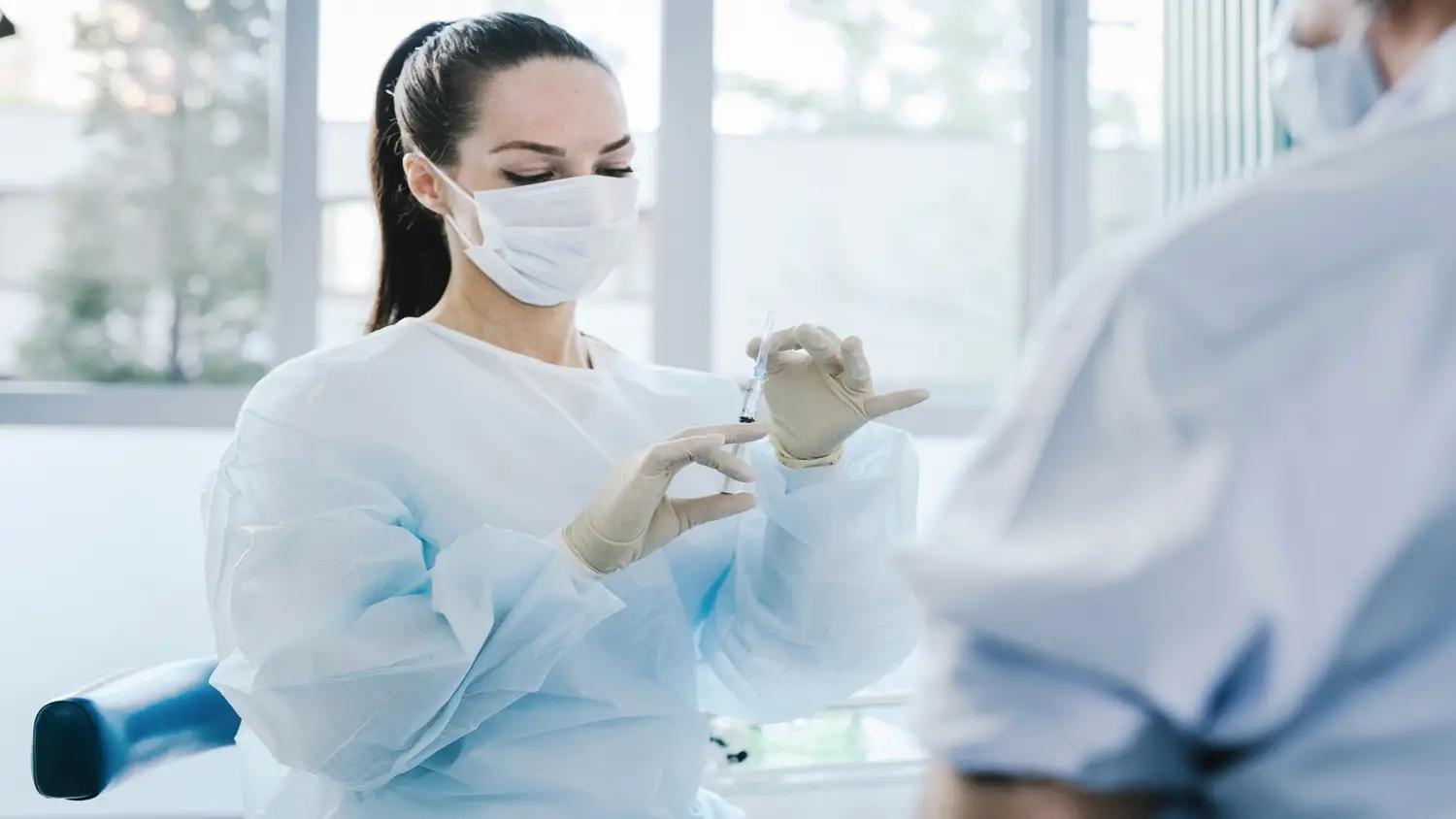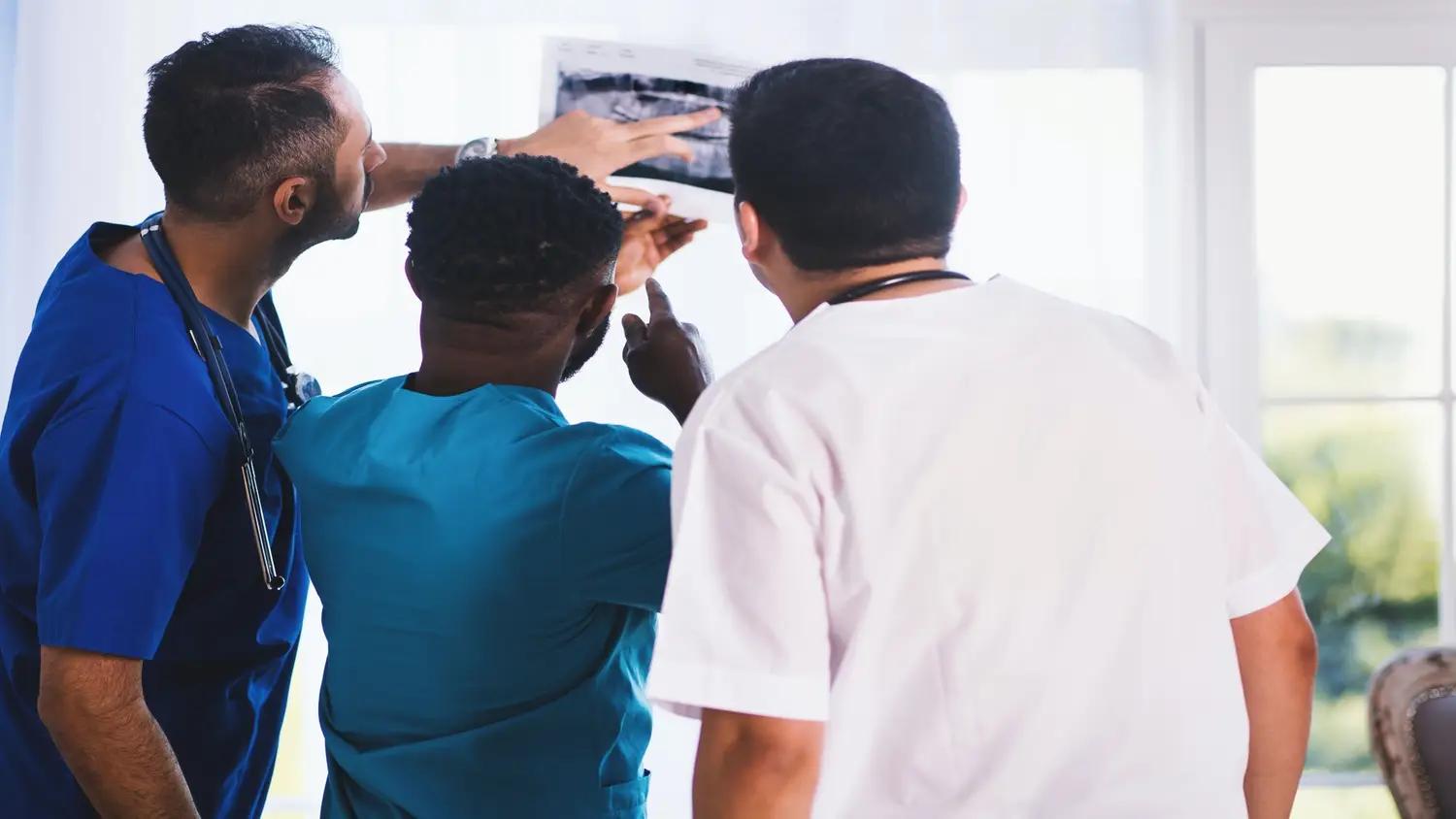
Advanced Treatment Planning (Aug 22 - 24, 2024)
 hosted bySpear Education
hosted bySpear EducationAdvanced Treatment Planning is organized by Spear Education and will be held from Aug 22 - 24, 2024 at Spear Education, Scottsdale, Arizona, United States of America.
Workshop Overview:
3-Day Lecture/Hands-On:
Have you ever thought about having access to Drs. Gregg Kinzer and Jeff Rouse to get their help treatment planning and sequencing your most difficult cases? Advanced treatment planning is exactly that course. The workshop is designed to be the culmination of the Spear Education Core curriculum. Complex cases will be broken in to 5 categories: severe wear, airway, TM joint, hopeless dentition, and esthetic challenges. The workshop is less about lectures and more on cases. With that in mind, participants are encouraged to provide properly documented cases for examination and discussion. Spear will also provide several challenging “new patients” for you to treatment plan. Each case will provide opportunities to learn how to visualize, plan, and sequence care. We will create a template for you to present a tour of the mouth for the patient and discuss how to integrate this type of dentistry into your practice. The composition of and communication within your interdisciplinary team will be stressed. Finally, secondary treatment options for the patients that decline ‘ideal therapy’ will be presented.
What you will learn at this workshop:
• How different case types can all be addressed with FGTP principles, making the seemingly complex become routine.
• Multiple approaches to address severe wear cases and when each option is most appropriate.
• Understanding and treating craniofacial alterations in anatomy caused by dysfunctional breathing and TM joint alteration during growth.
• How to integrate contemporary orthodontic, periodontal, and orthognathic techniques into your treatment plans.
• Sequencing of care to promote efficiency and profitability.
• Unique approaches to difficult esthetic issues including structural and biologic compromises.
• Treatment planning the ideal and compromised plans and how to discuss the pros and cons with your patient.
• Creating an interdisciplinary team and establishing communication patterns
• Integration strategies for your individual practice, including case presentations.
Topics and exercises:
• Case studies
• Hands-on: Dr's Kinzer and Rouse will be working with the workshop participants in treatment planning THEIR cases. Participants are encouraged to provide documentation of a complex case for review by the instructors and discussion amongst the participants (criteria for proper case documentation will be provided beforehand).
• Airway anatomy and its impact on smile and function
• Hands-on: Multiple patients in “operatories” will provide the feeling on a new patient exam. Each participant will be asked to examine the patients’ history and photographs and create an airway problem list.
• Esthetic Diagnosis
• Hands-on: Photographs and esthetic data will be provided for multiple patients. Each case will test participants on their ability to recognize normal from abnormal and assign each diagnostic problem a diagnosis. The ‘airway’ problem list patients will provide the foundation for this section.
• Visualization and treatment planning of ideal and compromised plan
• Hands-on: Not every patient will choose the ideal ‘airway centered’ plan. Select patient records will be provided for visualization of their ideal and alternate smile. Participants will be asked to draw ideal tooth positions either digitally or analog. The ideal treatment plan will then be developed. Next, a ‘non-airway centered’ plan will be visualized and the treatment plan created.
• Function/Structure/Biology: review of key elements of occlusion, materials, techniques, and oral health will be incorporated into all the cases discussed.
• Sequencing of specialty care
• Hands-on: Interactive discussion of cases involving periodontal surgery, implant placement, orthodontics, endodontics, extraction, provisionalisation, etc. (focusing on the timing sequencing) of each treatment step.
• Integration
• Hands-on: Discussion of changes to the office, to case presentation, interdisciplinary team building ideas (study club), promoting your office and yourself, monitoring patients, writing referrals. Participants will write referrals to different offices on a few of the example cases that were planned during the workshop.
Additional details will be posted as soon as information is available.









